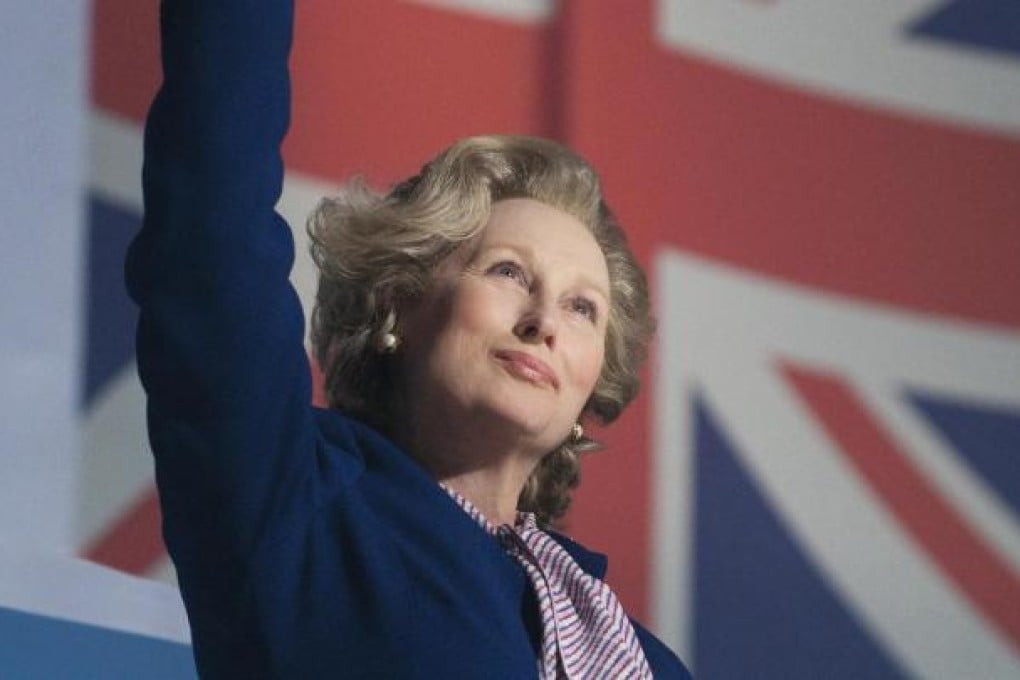A woman, scorned
Margaret Thatcher was a lightning rod whose policies and personality provoked a wealth of protest and satire in songs, films and books, writes James Kidd

"Politics is about people. It's about the person in front of you. So always look them in the eye. People'll remember you for it. And if they remember you, that's half the battle."
This quote is taken from Tony Saint's The Long Walk to Finchley, the 2008 BBC film that provides arguably the finest portrait of Margaret Thatcher to date. This brisk advice, offered to the young Margaret Roberts by her father, Alfred, has gained fresh resonance in the past fortnight since the death of the former British prime minister, aged 87.
It may be two decades since Baroness Thatcher - otherwise known as Mrs T, the Iron Lady and soubriquets too crude to print - became Britain's longest-serving leader of the 20th century, but she has not been forgotten. Miles of newsprint from across the world have picked over her achievements - using enough paper in all likelihood to stretch the way from St Paul's in London, where her funeral was held last Wednesday, to Hong Kong.
Thatcher's death has been respectfully acknowledged in China as well: by President Xi Jinping, Premier Li Keqiang, as well as by Hong Kong Chief Executive Leung Chun-ying. More than one commentator has wondered whether her privatisation of state-owned business offers a road map for the Communist Party.
Above all, Thatcher will be remembered as the prime minister who negotiated - often with extreme reluctance - the handover of Hong Kong with Deng Xiaoping back in 1982. She was removed from office in 1990, seven years before the city returned to China.
Thatcher's genius for polarising opinion has saturated her obituaries. Glowing tributes (largely from politicians past and present) have crossed swords with remembrances of a more angry hue.